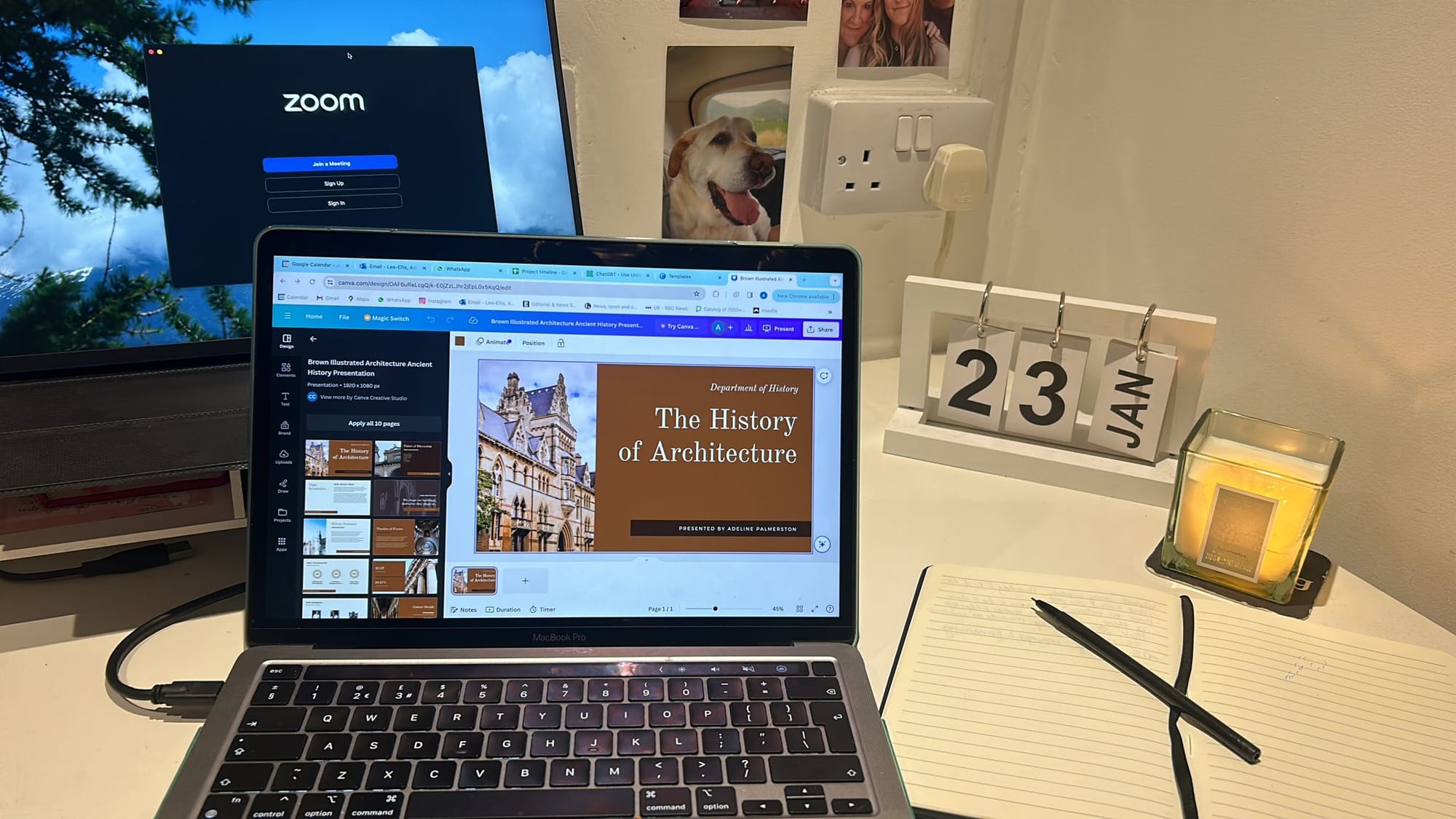By Alexandra Lam, History and English, Second Year
In our increasingly tech-focused world, the role of Arts and Humanities education has become a subject of debate. With more funding assigned to science and technology disciplines, the significance of an arts and humanities education has faded into the background – and the question is, should it stay there?
Recent years have witnessed a surge in funding for STEM education at both school and university levels, sparking a reconsideration of the relevance of arts degrees. Former education secretary Gavin Williamson dismissed Arts disciplines as ‘dead end courses that give…nothing but a mountain of debt’. We are already seeing a decline in arts education – Sheffield Hallam University withdrew English Literature as a degree in 2023, indicative of a broader trend. The government is facilitating this by channelling £1.4 billion in subsidy through the Office for Students, aiming to encourage universities to reallocate resources toward STEM courses.
Disparaging remarks about ‘Mickey Mouse’ degrees make the assumption that the Arts and Humanities lack general value. Questions arise: What’s the point of learning about the past? Shouldn’t we focus on the future and modernity? Studying a subject from the Arts and Humanities field is a financial gamble due to the lack of a clear career path. In light of concerns about student loan repayments and the cost-of-living crisis, is it surprising that students would rather opt for a STEM degree to maximise chances of career success? With the average earning of a Bristol University English BA student being £26,000, 15 months after graduation compared to £38,000 for a Computer Science student it seems more optimistic to go down the STEM route. On top of funding cuts threatening the accessibility of arts and humanities education, the concerning outcome is the potential risk of arts subjects reverting to a privilege afforded only to the affluent. This has fuelled debate on whether STEM degrees should be subsidised due to their perceived higher value.

In reality, neither the Arts nor Sciences should overshadow the other. Whilst STEM disciplines undoubtedly offer specialised skills, an exclusive focus on them risks creating a workforce with a narrow skillset. For a thriving workforce, what is needed is a diversity of thought. Having different people from different academic backgrounds fosters creativity and innovation that would be impossible to attain if everyone studied a STEM course. Sciences, engineering, maths and the like are highly relevant, but the humanities provide another perspective of viewing issues – and it is no secret that better decisions are made when diverse perspectives and opinions are considered. Solely relying on science does not offer a comprehensive understanding of the world.
The Arts and Humanities offer a distinct lens to examine and understand society, imparting transferable skills sought after in any profession. These disciplines encourage students to think, critique, and persuade – often in the grey areas when there is not enough data available. In an increasingly tech-focused world, the arts and humanities are needed more than ever. In fact, it is estimated that the creative industries could generate 900,000 new jobs between 2013 and 2030.A crucial skill lies in the ability to decipher how language shapes opinions, particularly in an era dominated by misinformation – something not taught in a STEM degree. The adaptability and understanding of human experiences fostered by this is essential, particularly considering the ethical challenges posed by technological advancements.
It is not a matter of pitting STEM fields against the Arts – rather that they complement each other. The Arts and Humanities certainly have a crucial role in a tech-centric world. Every subject should be valued, and graduates with a variety of degree subjects ensures a workforce that is not only technically adept but also possesses the creative and critical thinking capacities essential for addressing the challenges of our technologically advancing world.
Feature Image: Annabel Lee-Ellis
How important do you think the Arts and Humanities are in today's tech-focused world? Tell us @epigrampaper









